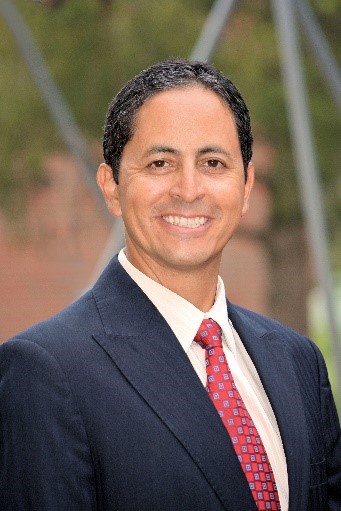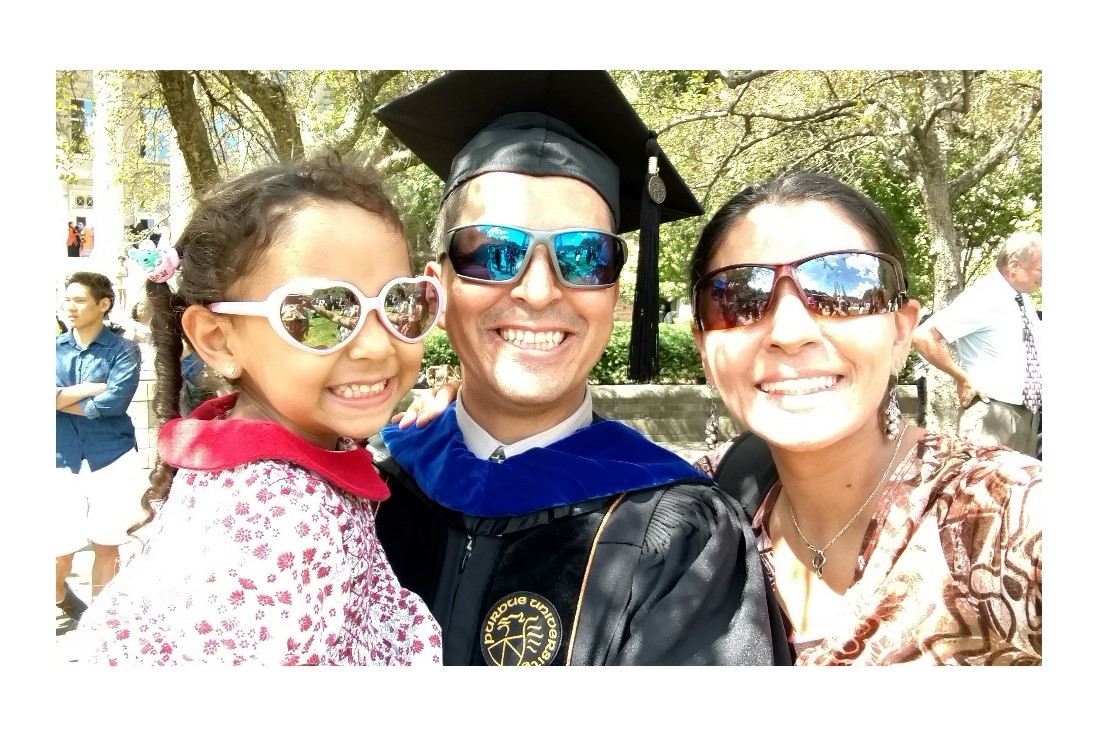
PhD in Engineering Education, Purdue University
MSc in Systems and Computing Engineering, Universidad de Los Andes
BSc in Systems and Computing Engineering, Universidad Nacional de Colombia


PhD in Engineering Education, Purdue University
MSc in Systems and Computing Engineering, Universidad de Los Andes
BSc in Systems and Computing Engineering, Universidad Nacional de Colombia
What was your research topic and how did you become interested in it?
Engineers transform the world by creating tools and technologies that make people lives easier and more enjoyable. Instead of spending hours going to a bank to pay a bill, engineers and technologists have made it possible to pay bills while we sit at a park and spend time with our family.
Creating these solutions is complex because the solution should respond to real world needs, gain user acceptance and, in addition, gain the acceptance of the stakeholder community. For succeeding in this endeavor, you need knowledge and skills that are not technical and are usually developed after several years of professional practice. Since I am an engineering educator (and a Systems and Computing Engineer), I create interventions (courses, modules, classes, camps) that are effective at developing these skills and knowledge. This was and is my research topic and my passion.
I became interested in the topic when I was studying my master’s, advised by Ernesto Lleras, a Professor at Universidad de Los Andes. With him, I learned that engineering solutions cannot be imposed on the users, but are required to be co-developed and accepted by them. This is especially difficult when the client is not a person, but a community, a social organization, or a company, or, in other words, a socio-technical system (if these organizations use technology). The idea of preparing students capable of developing solutions to respond to a real need and are co-developed and accepted by the users (typically socio-technical systems), was stronger for me than the idea of coming back to the industry. That is why I became an academic.
Later, in my practice as an engineering professor at Pontificia Universidad Javeriana, where I served in different roles before coming to Purdue, I explored several strategies (in and outside of the classroom) for facilitating the students’ learning of the skills I mentioned before, or as I called in my dissertation, the “Ability to Address Complex Socio-Technical Systems.”
Since I wanted to be more effective at designing such curricular and extra-curricular interventions, I decided to pursue a Ph.D. in Engineering Education, and Purdue was the best option.

“My family gives meaning to my life and is my motivation and support. My time at Purdue would not have been the same without them.”
What were the most difficult and the most gratifying aspects of your studies?
There were many difficult times through my university career, but the most challenging one was when my first advisor left the department. I went for a year without an advisor! Fortunately, the Department Director at that time, David Radcliff, kept me going until I found another advisor.
There were many gratifying aspects worth noting; I was fortunate to be paired with two wonderful co-advisors, Monica E. Cardella and Wiliam C. Oakes. They proved to be more than just advisors but also mentors. I truly appreciate them and the help they have given me.
What are your plans after graduation?
I am currently a postdoctoral researcher in the School of Engineering Education at Purdue supervised by Monica Cardella. It is my plan to keep focusing on exploring ways to educate a more human-centered engineer that is good at “addressing complex socio-technical systems.” In addition, I would like to investigate and support the implementation of strategies that make the engineering profession more attractive for women and underrepresented minorities, more inclusive, and more effective at educating engineers committed to help their users, in their complex socio-technical systems, reach their economic, societal and environmental goals.
Contact information:
Last modified: June 28, 2023